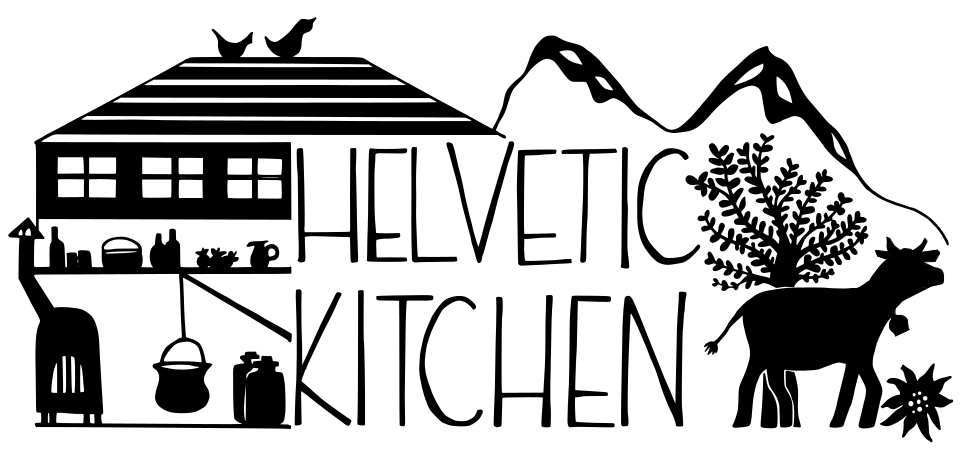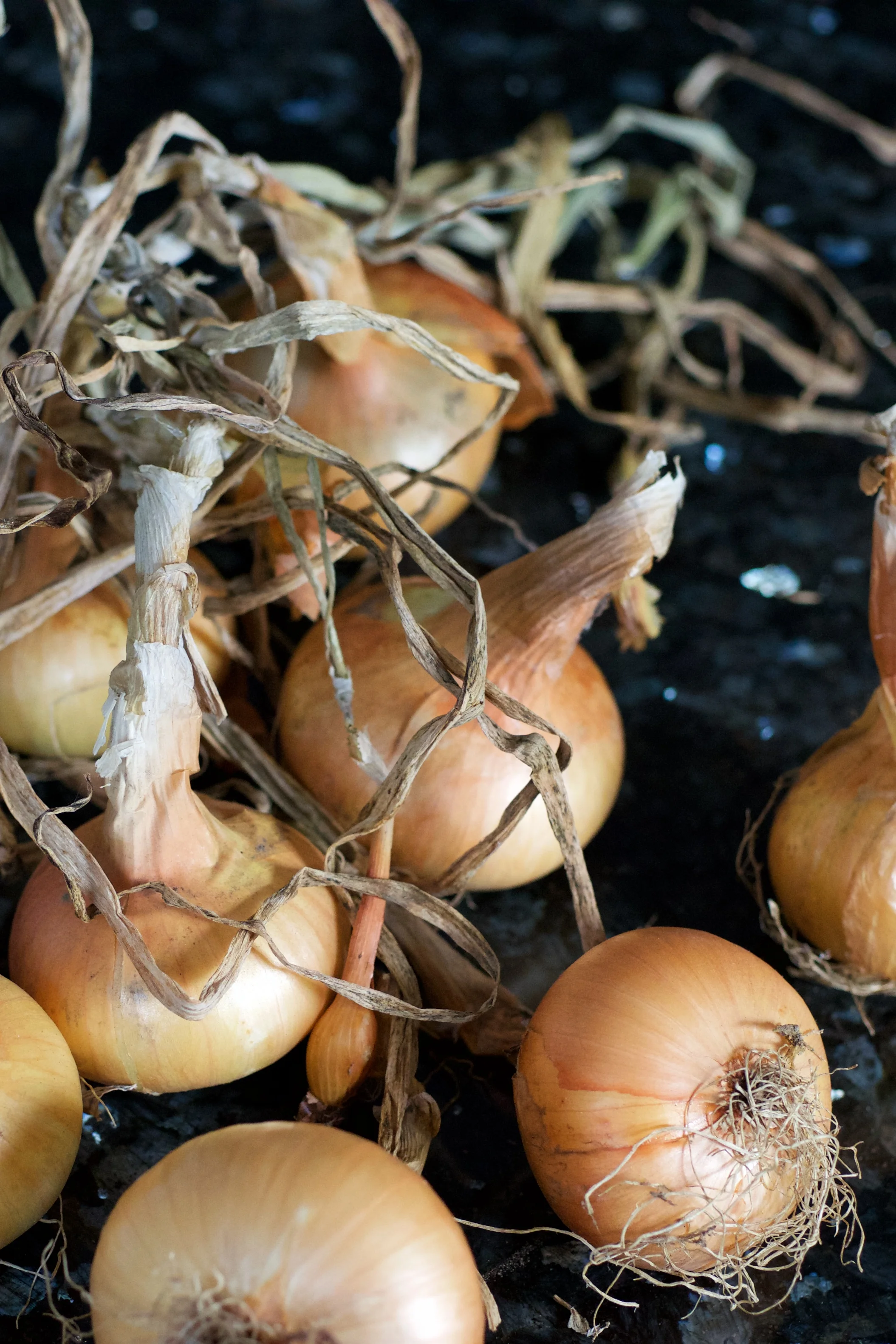Älplermagronen
Älplermagronen (or Magronä, depending on your dialect) is the Swiss version of mac and cheese. Much like the differences in dialect, the dish varies from region to region and debate rages on: what sort of cheese? Apple sauce or plum compote? Fried cervelat, yes or no? (Is this really a question?) Crispy or sweet onions?
I say, the more delicious add ons, the better.
Rather than boiling the macaroni separately, it is cooked, like rice, in the exact amount of liquid required. The genius of the dish is the addition of the potatoes, which break down during cooking and form a creamy, starchy sauce.
This is Sam's recipe and he strongly suggests that you try your Älplermagronen with all possible sides: applesauce, onions, and cervelat (though any nice sausage or bacon will do).
300 g potatoes, cubed
pinch salt
750 ml milk
1 stock cube
300 g macaroni
250 g hard cheese, grated
pepper and nutmeg
Place the cubed potatoes in a large pot and just cover with water. Add the salt and bring to a boil. Let cook for about 5 minutes.
Add the macaroni, milk, and stock cube and stir well.
Cook for about 10 minutes. Keep an eye on the pot and if it looks a bit dry, add some additional milk or water and give it a stir.
Once the pasta is al dente, add the cheese and mix well. If you like a saucier macaroni, add a splash of milk.
Season with nutmeg, salt and pepper.
Serve with:
fried onions, method below
apple or plum compote or applesauce (recipe below if ambitious, or from a tin)
fried cervelat, a different sausage of your liking, or bacon
In Switzerland, you can use the traditional Älplermagrone noodles, but anywhere else regular macaroni noodles will do.
Any hard cheese can be used. Possibilities include all varieties of Alp and Bergkäse, Sbrinz, Gruyère...
If you can't find cervelat, bacon is a particularly delicious substitute.
This recipe will serve about four people.
Applesauce
Peel, core and chop some apples (firm and slightly sour work best) and put them in a pot.
Add a little water to prevent them from sticking to the bottom.
Cook over low heat until softened. Cooking time will vary based on the type of apples you have.
Whizz with an immersion blender until smooth.
Season with a pinch or two of cinnamon or mixed spice and, if they are particularly sour, a bit of sugar.
Onions
Chop 4-5 large onions into slices.
Melt a knob of butter over medium heat. When it starts to sizzle, add the onions.
Cook for about 10-15 minutes, until the onions are translucent, then add a pinch of salt.
Slightly turn up the heat, stay nearby, and keep stirring. If they start to stick to the bottom of the pan, lower the heat slightly and continue to stir until golden, about 20 min. You can serve them like this (picture below).
Or, if you want properly caramelized onions, continue cooking for about 20-30 minutes when the onions will turn that luscious amber colour and become really sticky.
















